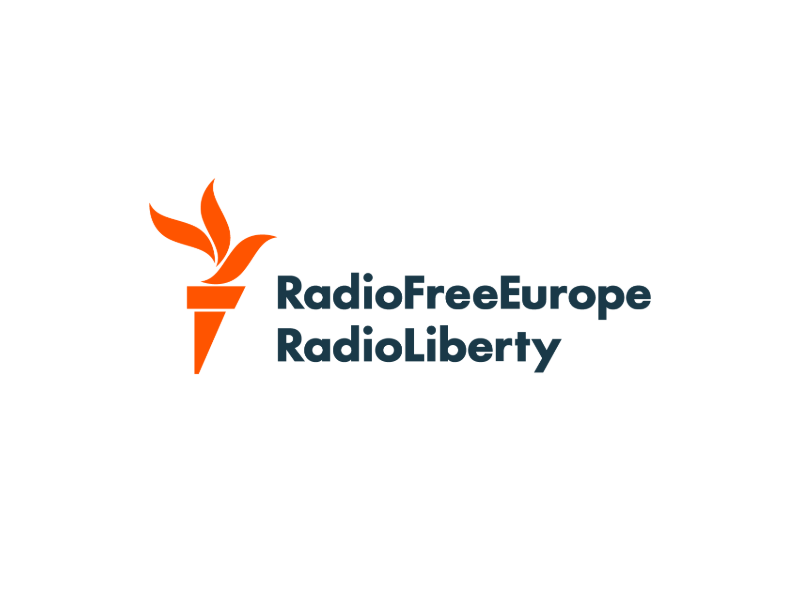Statement by RFE/RL’s Acting President: Tajik Service

RFE/RL’s mission is to deliver accurate, independent, and meaningful news coverage to audiences that lack access to free and fair information. We take seriously all allegations concerning the quality of our journalism. Recent claims criticizing our Tajik-language service, known locally as Radio Ozodi, prompted us to ask two independent country experts and RFE/RL’s own Standards Editor to evaluate content alleged to be weak, partial, or misleading in four key areas: reporting on the business interests of members of Tajik President Emomali Rahmon’s family; articles about top officials and government bodies; coverage of the Tajik opposition, in particular the Islamic Renaissance Party of Tajikistan (IRPT); and use of information from Western experts and human rights groups.
The evaluators’ main findings are summarized below, and are followed by a description of the measures RFE/RL has implemented to address problems and ensure the integrity of its journalism going forward.
Findings
- The evaluators concluded that numerous reports would have benefitted from more points of view and deeper analysis. In those instances when reporting did present both sides, the pro-government view was normally placed toward the beginning of the article and views of the opposition or other divergent voices were left to the end of the piece. Ozodi reports frequently left numerous questions unanswered, indicating the need for more comprehensive explanation.
- Ozodi reports lacked context explaining how economic decisions taken by government bodies furthered the personal business interests of members of the Tajik president’s family. Reports lacked the necessary background to explain the stakes of specific decisions or policies.
- Some reports included laudatory coverage of top officials and government bodies while providing little news value. Coverage of social issues was often strong, but other coverage showed a tendency to avoid sensitive topics related to political elites, and in some instances these stories amplified frivolous narratives in support of government officials.
- The range of experts consulted by Ozodi was limited, and the views presented did not always explain a topic appropriately. In some cases, reports lacked input from experts who are known to hold alternative or opposing views, relying instead on sources who support established narratives. In addition, reports sometimes cited sources who lacked expertise on the given topic. One evaluator shared evidence of how a recent quote that he gave Ozodi was edited in such a way that it misrepresented his views.
- RFE/RL’s Standards Editor found that reporting on the IRPT needs additional balance and context as part of Ozodi’s mission to feature views and opinions from all sides of the political spectrum in the country. Outside evaluators praised Ozodi’s coverage of the attack on foreign bicyclists in July 2018 for the informative nature of the coverage and the inclusion of relevant interviews that made the programming engaging.
- Coverage of key reports on Tajikistan by human rights organizations and western experts was mixed, with some reports covered adequately and others not covered at all, or covered minimally. Ozodi also failed to include reactions from authorities to the reports, or to help audiences better understand the background of the issues and events addressed in those reports.
Remedies
RFE/RL is committed to reporting essential stories that, because of government censorship or political pressure, local media are unable or unwilling to provide. This is the basis of our reputation and our public mandate in all the countries where we work, including Tajikistan. In response to the findings summarized above, RFE/RL has implemented the following measures:
- Assignment of new management to the Tajik Service and the Central Asian regional division.
- Removal from Radio Ozodi’s website of content judged to be substandard.
- Establishment of new checks and balances to uphold editorial standards and ensure accurate, critical, and balanced coverage.
- Implementation of intensive training in the fundamentals of reporting and editing, both internally and, in coming months, through the Poynter Institute.
- Snap evaluations of Ozodi reporting to augment RFE/RL’s standard annual content review of the service, to include spot reviews by external evaluators.
- Training for Dushanbe bureau and Ozodi staff on security and complaint protocols.
Allegations of non-editorial lapses, which RFE/RL has also received, have been submitted to the State Department’s Office of the Inspector General for review.
Daisy Sindelar
Acting President, RFE/RL